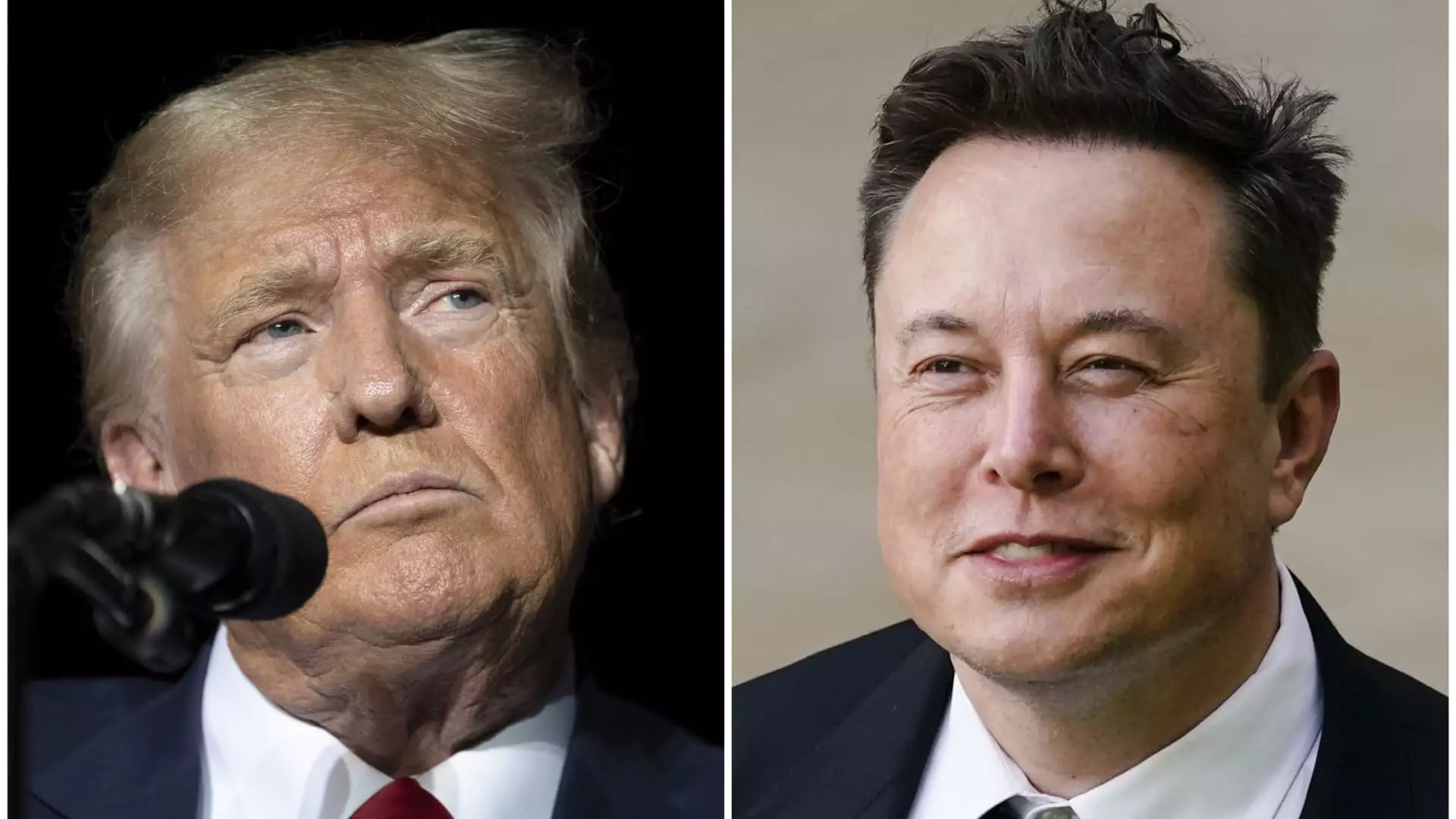Elon Musk’s recent commentary on the ambitious $500 billion investment initiative in artificial intelligence (AI) infrastructure, termed the Stargate project, has stirred significant debate in the tech community. As the CEO of Tesla and SpaceX and an influential figure in the tech industry, Musk questioned the financial viability of major players involved, including OpenAI, Oracle, and SoftBank. His statement came just after the unveiling of the initiative by former President Donald Trump. This article examines the implications of Musk’s skepticism, the responses from industry leaders, and the broader context of AI funding in the United States.
Musk’s claim that “they don’t actually have the money” reflects a profound distrust in the financial capabilities of these companies. He specifically pointed to SoftBank’s liquidity, suggesting that the firm might not have the necessary funds secured to support such a colossal investment. Musk’s assertion raises essential questions about the realism of these large-scale financial commitments in an industry characterized by rapid change and unpredictability.
While Musk’s statements may stem from a personal rivalry with OpenAI CEO Sam Altman, they also highlight a critical perspective in the tech sphere – the hesitation to trust lofty promises without clear financial backing. The ongoing tension between Musk and Altman complicates the narrative further, as their past interactions, including lawsuits concerning Musk’s own AI endeavors, suggest a deeper current of discord. Such rivalry could cloud Musk’s assessment of the situation, making his claims less about financial truths and more about personal grievances.
Sam Altman’s rebuttal to Musk’s comments was noteworthy, affirming mutual respect while simultaneously refuting Musk’s claims about SoftBank’s financial status. Altman emphasized the need for collaboration and a focus on what is beneficial for the country, suggesting that Musk’s position—especially given his new governmental role—should inspire a sense of collective responsibility rather than individual rivalry. Such responses demonstrate the critical nature of maintaining a unified front, especially on initiatives that promise significant economic growth and job creation.
The juxtaposition of Musk and Altman’s perspectives sheds light on a more extensive narrative about the tech industry: the necessity for transparency and accountability in investments. The Stargate project promises over 100,000 American jobs and an immediate deployment of $100 billion, creating high expectations. If industry leaders do not demonstrate financial readiness and commitment to this venture, public trust in tech giants’ pledges could erode rapidly.
Additionally, Musk’s comments came in close proximity to Trump’s announcement, which was presented as a pivotal moment for American innovation in AI. The former president touted the Stargate project as a vital opportunity for job creation and advancement in technology. However, skepticism surrounding the funding and execution of such projects is not new. Historically, large initiatives in the tech sector have often faced scrutiny over their feasibility and ultimate success. Musk’s critique, though perhaps laced with personal animus, resonates with a broader concern that high-flown promises must be matched by realistic assessments of both financial backing and execution capability.
Musk’s commitment to AI through his advisory roles and projects like xAI positions him as a critical voice in discussions about AI development and its implications for society. His critical view of the Stargate project’s funding highlights the importance of discerning the motivations and capabilities of stakeholders involved in transformative technological efforts. Moreover, as the U.S. steps up efforts to develop its AI infrastructure, the intersection of private enterprise and governmental initiatives becomes increasingly complex.
The AI space is rapidly evolving, and with it comes the expectation for responsible funding and transparency. Industry leaders like Altman, Ellison, and Musk are at the forefront of this discourse—a narrative that is likely to shape the future landscape of American technology investment. Any potential failure in the execution of promised initiatives could have far-reaching implications not only for the companies involved but also for public perception and governmental trust in the tech industry.
As the AI sector navigates its path forward, Musk’s skepticism serves as a clarion call for more diligence in financial assurances and accountability. The Stargate project’s ambitious goals may lead to transformative change, but trust, collaboration, and realistic assessments remain pivotal for its success. The ongoing dialogue between Musk, Altman, and others will undoubtedly play a crucial role in shaping the future of AI in the United States.



Leave a Reply